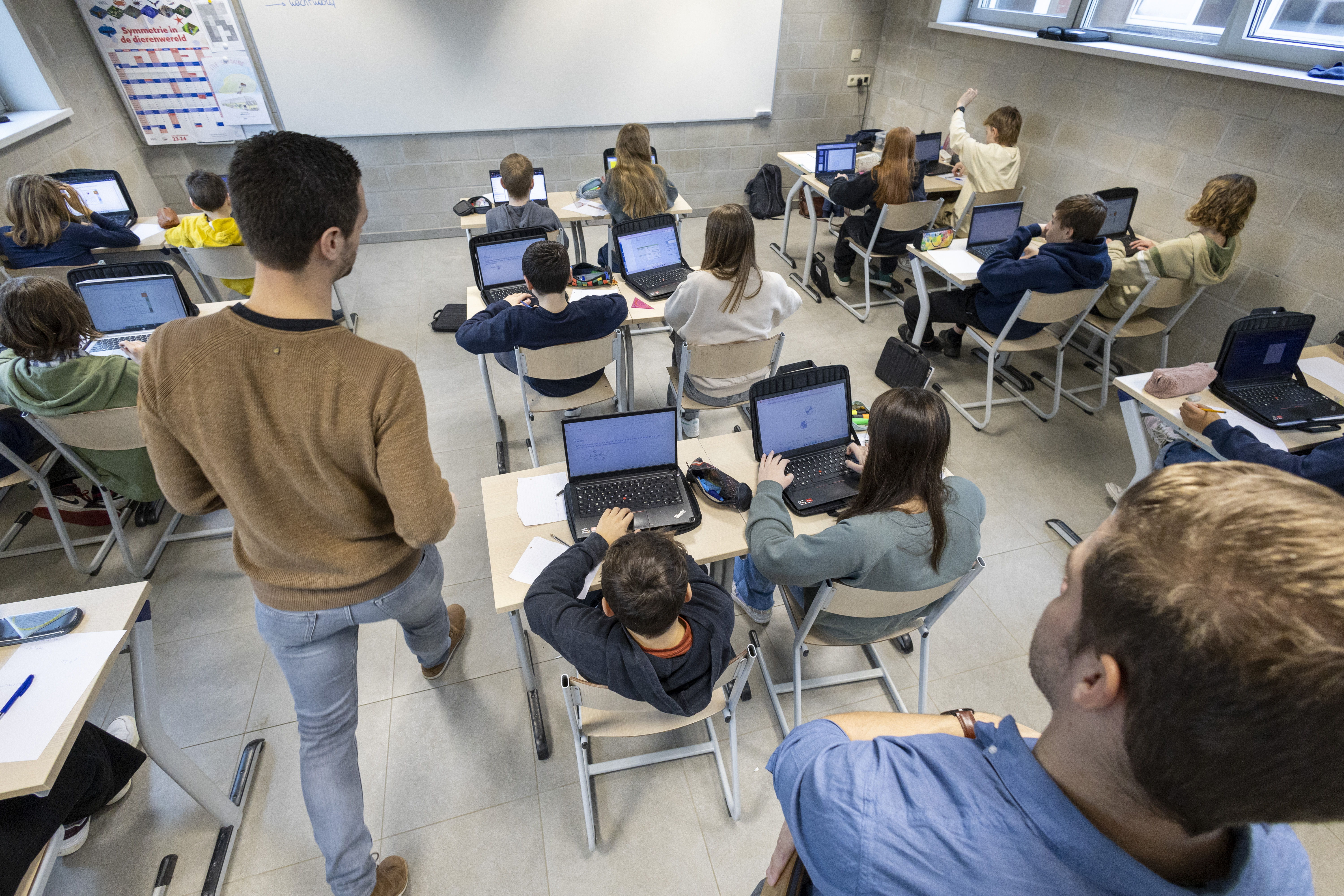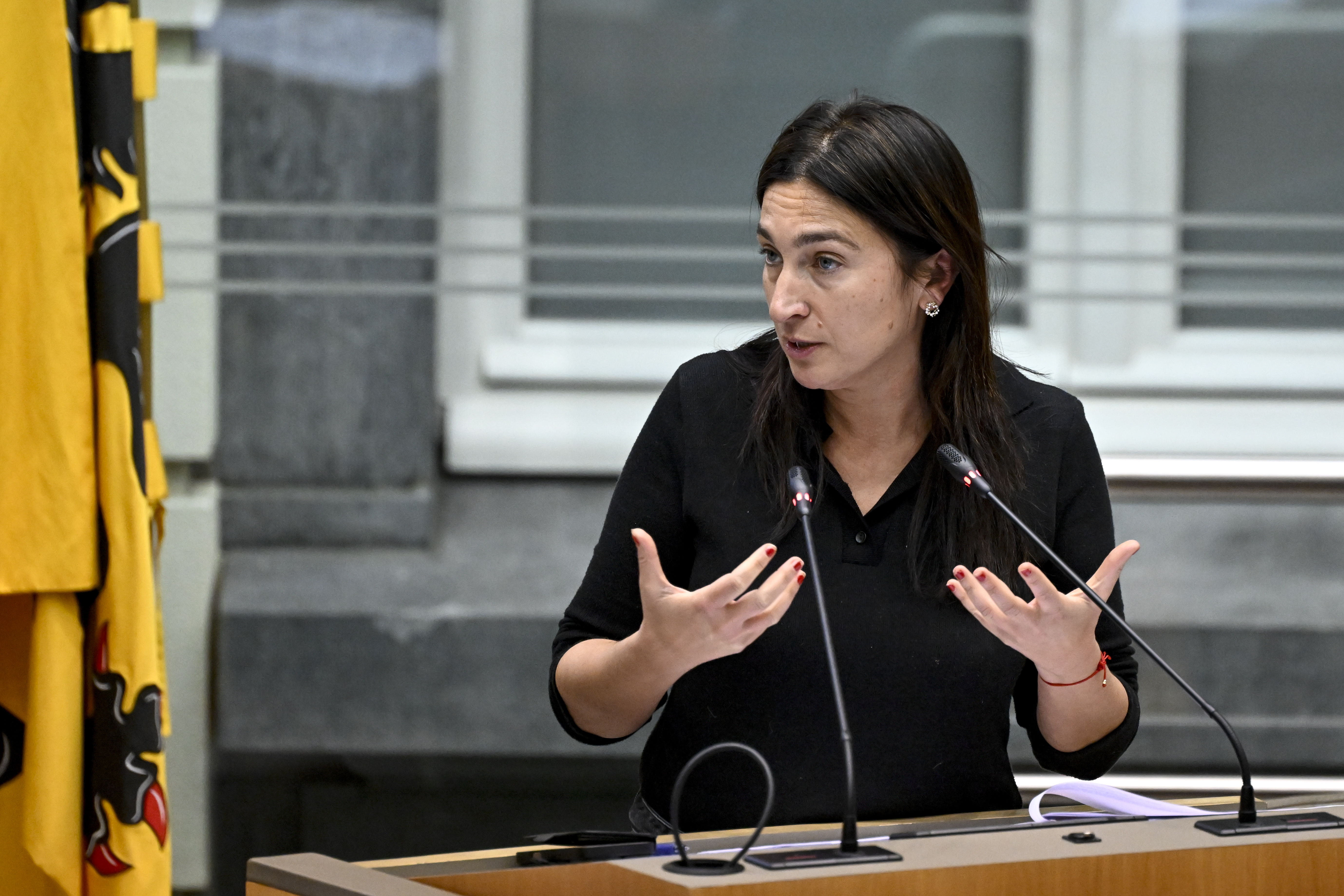Flemish education minister announces measures to tackle rising classroom disruptions

Flemish minister of education Zuhal Demir (N-VA) has announced a series of measures in response to alarming figures from the annual report of the Centres for Student Guidance (CLBs). The report highlights a sharp rise in expulsions, truancy and behavioural issues among students, prompting urgent calls for action from education leaders.
Rising Behavioral Issues and Expulsions
The CLB report states that the number of pupils with behavioural problems has risen to 25,437, a 12 per cent increase since 2018-2019, while the total student population grew by just 2.53 per cent. Boys are 4.2 times more likely than girls to be referred to the CLB for behavioural concerns. The issue is particularly pronounced among thirteen-year-olds transitioning from primary to secondary education.
The number of students expelled from secondary schools has doubled in six years, rising from 2,303 in 2018-2019 to 4,244 last year. Primary schools have also seen a doubling of expulsions, from 77 to 133. These figures, which span all educational networks, indicate an escalating concern. "A school does not simply call in the CLB," says Stefan Grielens, director of the Vrij CLB Netwerk. "It concerns persistent behaviour: stubbornly refusing things or even violence against teachers."
Demir's response
Minister Demir has committed to restore order in schools and shift the focus back to education. "Schools must be able to focus on teaching," she states. "We must get rid of the mentality that schools solve social problems. They are the victims of them."
To address the issue, Demir is working with Leerpunt, an independent education think tank, to establish guidelines for good behaviour and classroom management. Additionally, she has commissioned the Muijs committee, led by British education professor Daniel Muijs, to develop new final objectives, including a curriculum on acceptable conduct.
A key measure will be a new pamphlet to tackle violence against teachers, outlining clear protocols for handling aggression in schools. "Young people must explicitly learn which behaviour is and is not acceptable in our society," she says.

Parental responsibility
Demir also notes parental responsibility. "We are turning the school regulations into a school contract that parents must respect," she says. Parents who fail to engage with school life may risk losing their school allowance.
Grielens echoes this sentiment but warns against placing blame solely on parents. "We notice that parents sometimes need support in basic education. A child should not grow up under a glass dome; being strict is allowed. And as a parent, you can also make mistakes. But the tide will not turn by blaming parents alone."
Meanwhile, school absenteeism has reached a peak. A total of 31,018 students were reported for problematic absence, which includes both truancy and long-term illness. The number of students with at least 30 half-days of unauthorised absence has risen by 44 per cent since 2017-2018, while cases of long-term illness have increased by 57 per cent.
The surge has stretched CLB resources to the limit. "Absence is a big problem," says Grielens. "We see an increasing group of students who leave school without a diploma. In this job market, you are hopeless without one. Students, but sometimes parents too, see going to school as something optional. It is not; there is compulsory education in Belgium."
Balancing discipline and support
Education leaders agree that prevention is key. "A pupil who has been expelled from multiple schools several times ends up in a dead-end street," says Grielens. He advocates for earlier intervention and increased support to prevent students from reaching that stage.
"Children who display problematic behaviour also have the right to education. But this should not be at the expense of other pupils and teacher," Demir concludes.
#FlandersNewsService | © BELGA PHOTO NICOLAS MAETERLINCK
Related news

